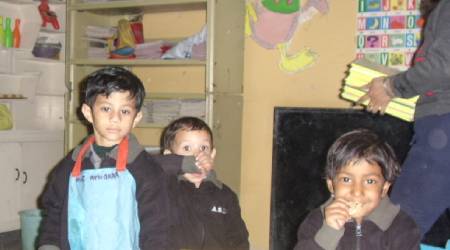Afternoon Activities
During our work with volunteers during the last few months we have come to realize that a significant number of volunteer often seek more working hours than have been offered by our projects so far. For this reason, our programs would offer a number of optional afternoon activities that would help the volunteers have a wider impact during the stay.
English classes: In an increasingly unilingual world, knowledge of English can make a huge difference to the confidence, employability and social status of an individual. With English not being the first language in the rural areas, people from a vast majority of Indian population miss out on quality opportunities of gaining confidence in the use of knowledge. Volunteers, with their involvement in teaching English to local women can help the project achieve a multitude of objectives like empowerment and increasing employability.
Computer training: Computer knowledge can give students an employability advantage and make it easier for them to access modern means to information and expressions. Volunteers can make use of the well tested and developed modules of imparting basic computer skills to the enthusiastic local girls and women.
Teaching spoken English: Volunteers can also teach etiquettes or spoken English to the students, to the host family members or to the host organization’s staff and their family members.
Maintenance of institutional facilities: During some afternoons, the volunteers can take up maintenance, renovation and decoration of their various work places like schools, day care centers etc. Such work will not be available on a continuous basis and hence may be seen as an extra activity that the volunteers would carry out.





